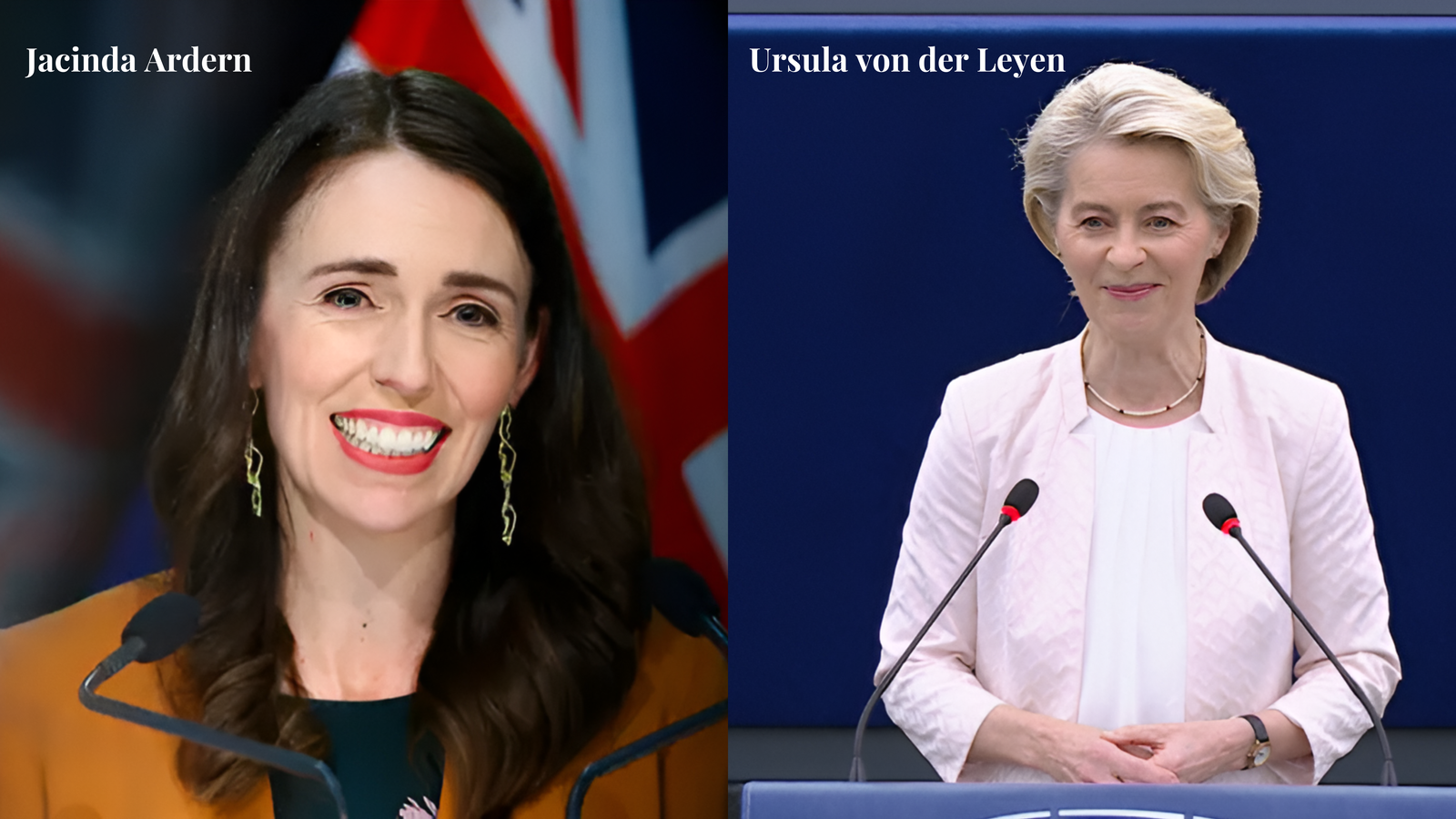In recent decades, the global political landscape has witnessed a significant change: an increasing number of women are assuming leadership and governance roles at the international level. This transformation is not only redefining political power but also marking the beginning of a new era of inclusion and equity in leadership.


Benefits of Female Leadership
The inclusion of women in leadership positions brings a range of proven benefits. Studies show that women leaders tend to promote more inclusive and equitable policies, prioritizing issues such as health, education, and social welfare. Additionally, their collaborative approach and ability to build consensus often result in more effective governance and innovative solutions to complex problems.
For example, the handling of the pandemic by several countries led by female leaders, such as Finland and Germany, has been praised for its effectiveness and clarity. These approaches not only saved lives but also highlighted the importance of empathetic and well-informed leadership in times of crisis.

Persistent Challenges
Despite the advancements, women in politics still face numerous challenges. Wage inequality, gender bias, and the lack of representation at the highest levels of decision-making are barriers that continue to limit the full potential of female leadership. In many cases, women must work twice as hard to prove their competence and earn respect in a traditionally male-dominated environment.

Promoting Equality
To move towards true equity in leadership, it is crucial to implement policies and practices that support women in politics. This includes encouraging the participation of young women in political roles, offering mentorship programs, and establishing measures to combat sexism and discrimination. Initiatives aimed at increasing female representation in positions of power not only benefit women but also enrich democracy and strengthen governance.









